Wanna setup a Personal Website in China? BEING TAKEN A Portrait Please.
According to a new regulatory document (in Chinese) announced by the Ministry of Industry and Information Technology, a personal website owner have to BE TAKEN a portrait when she/he is about to “register” the basic information of their websites. The title of the new regulation is: The Scheme of Further Commitment of the Verification to the Websites’ Registration Information (Trial Implementing Regulations) [CN: 工业和信息化部关于进一步落实网站备案信息真实性核验工作方案(试行)]
“Registration” is a premising procedure for setting up a website in China. The information required in the registration includes the domain name, the IP address of the hosting server, the brief introduction of the website’s intended content, the owner/operator’s true name and Chinese citizen ID number, address and other contacts. Although the regulation uses the term of “registration” but not “license”, it is actually a compulsive requirement for any websites. Without registration and the final permission from the Ministry of Industry and Information Technology, a website will be deemed as an “illegal” one and be shut down (China does have an Administrative License Law restricting the governmental organizations from establishing the administrative licenses arbitrarily, but this law is obviously being ignored, again).
Anyway, before the new regulation, the whole procedure of registration can, at least, be accomplished online, despite it normally needs weeks, or even more than a month in some cases, to get the license.
Now you have to schedule a travel for such registration in accordance with the new regulation. It requires the owners of the personal websites providing their own portrait in the form of registration. To avoid the false portrait, the website owners must present by person with their personal identificatoin documents (like resident ID card, or passport for foreigners), and BEING TAKEN PORTRAIT in the photographic studio (with unified equipped backdrop providing by the MiiT) located at the IDC’s office.
Here is the new procedure of the website registration for individuals:
Webmasters log on the registration system of the MIIT, and input the information
–> The IDCs or the ISPs (hosting service provider) verify the information
–> If the informaiton is true (deemed by the ISPs)
–> the ISP send the notice of spot verification
–> Webmaster go to the verification center with ID documents
–> If the informaiton is true (deemed by the IDCs)
–> The ISPs or IDCs input the information and upload the portrait to the system
–> the provincial communication administration examine the registration information
–> If the informaiton is true (deemed by the administration)
–> the registration information will be submitted to the MiiT’s system finally
–> the Webmasters will get the permission of establishing the website.
Besides this new procedure, the regulation requires IDCs draw a plan on re-examination of the existing websites (means the websites has been registered beforehand) … it does not said explicitly that the owners of the existing websites also need to BE TAKEN portraits at the IDC’s studio, but leaves such possibility in the wordings.
My comments … speechless, speechless, and … speechless. It seems more and more difficult to write legal blog posts refrained from grumbling.
BTW, another news. China’s President Jintao Hu was found established a micro-blog at People’s Daily’s twitter-like service (t.people.com.cn) yesterday. And that micro-blog was symboled with a “verified real person” badge, and a line of bio stating his current position as the Party Chief and the President of China.
Then, in a dozen of hours, that zero-posted micro-blog got 20,000 followers. Then the server was denied visiting just like being DDOSed. Then the service provider closed “Hu’s” microblog, and confessed that it does not established by President Hu. It is actually an automatically created page for the verified users in the BBS service of the People’s Daily. Hu has (perhaps been) registered an ID with his real name when he showed up for his first online chatting with netizens in 2008.
I wrote in a Chinese post said this “accident” proves, again, that, even if we forget the freedom of expression but aiming at locating the wrong-doers, the real-name registration system will be useless in the circumstance of the rapid developing technology and the constantly changing personal situation nowadays. On the contrary, the case that even our President would BE ESTABLISHED a blog without his consent demonstrates clearly what we need to focus on is not the real-name registration law, but the law of personal data protection, no matter it is associated with a real name or a false one. The law of real-name registration system is based on the presumption of mistrust, and will increase such mistrust among the stakeholders. The law of personal data protection is based on the presumption of trust, and will decrease the misturst eventually.

President Hu’s “verified real-name” micro-blog (screenshot, the page no longer exist).
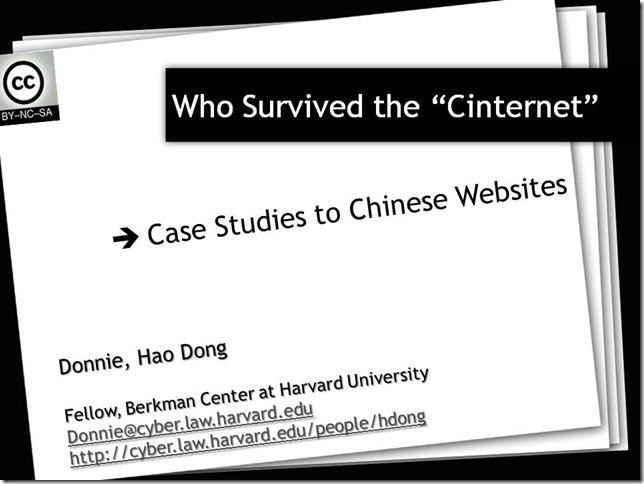
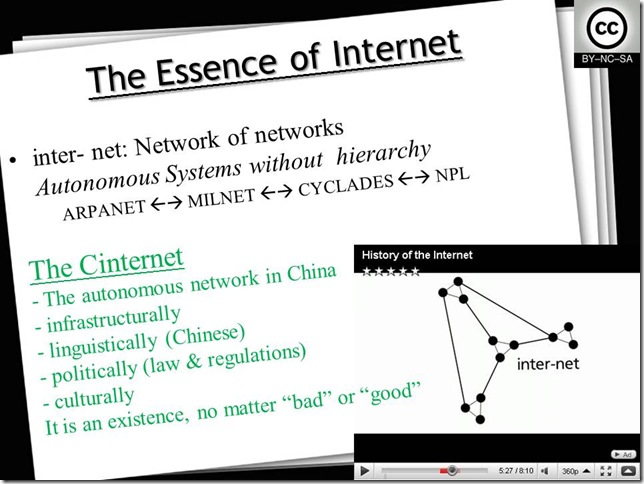

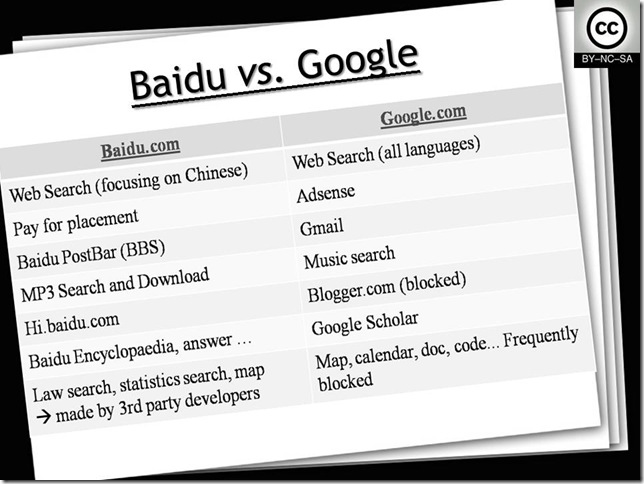
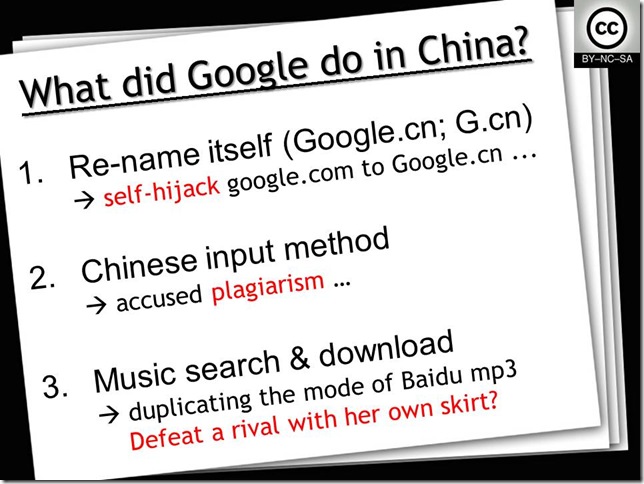
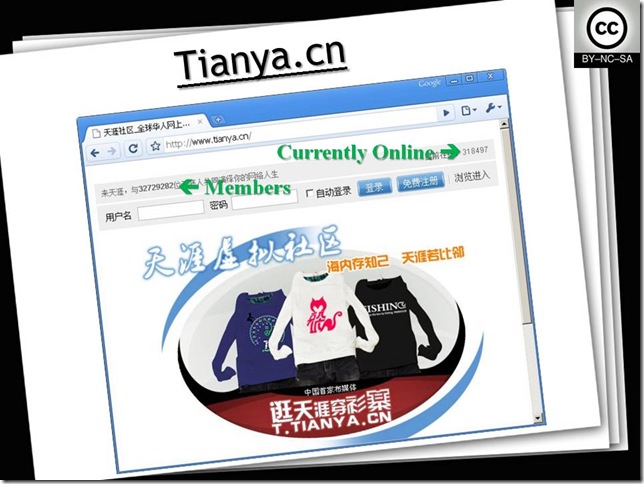
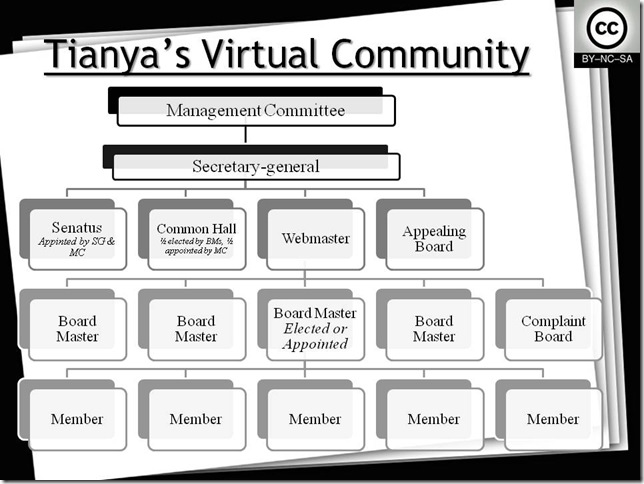



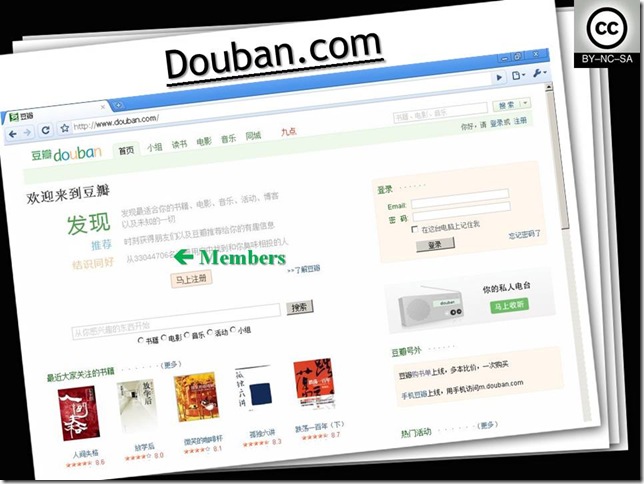
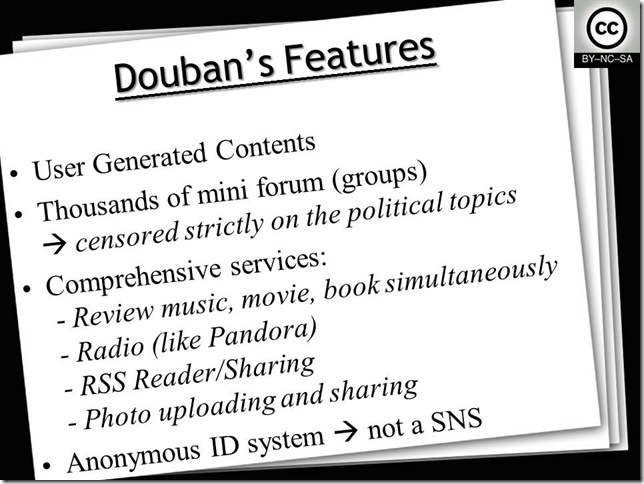

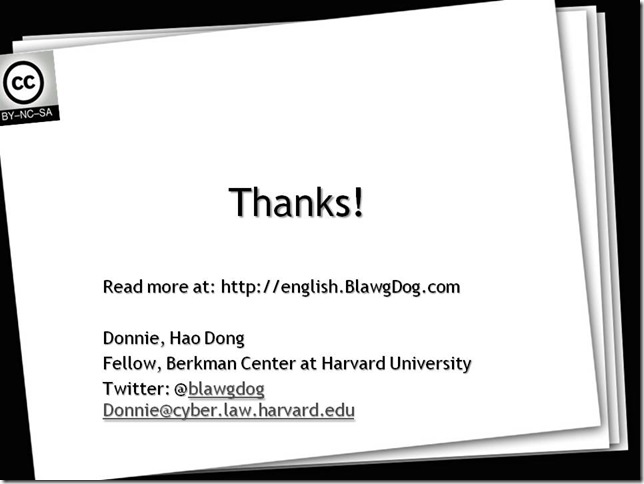


 Comments(2)
Comments(2)
